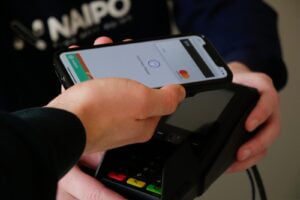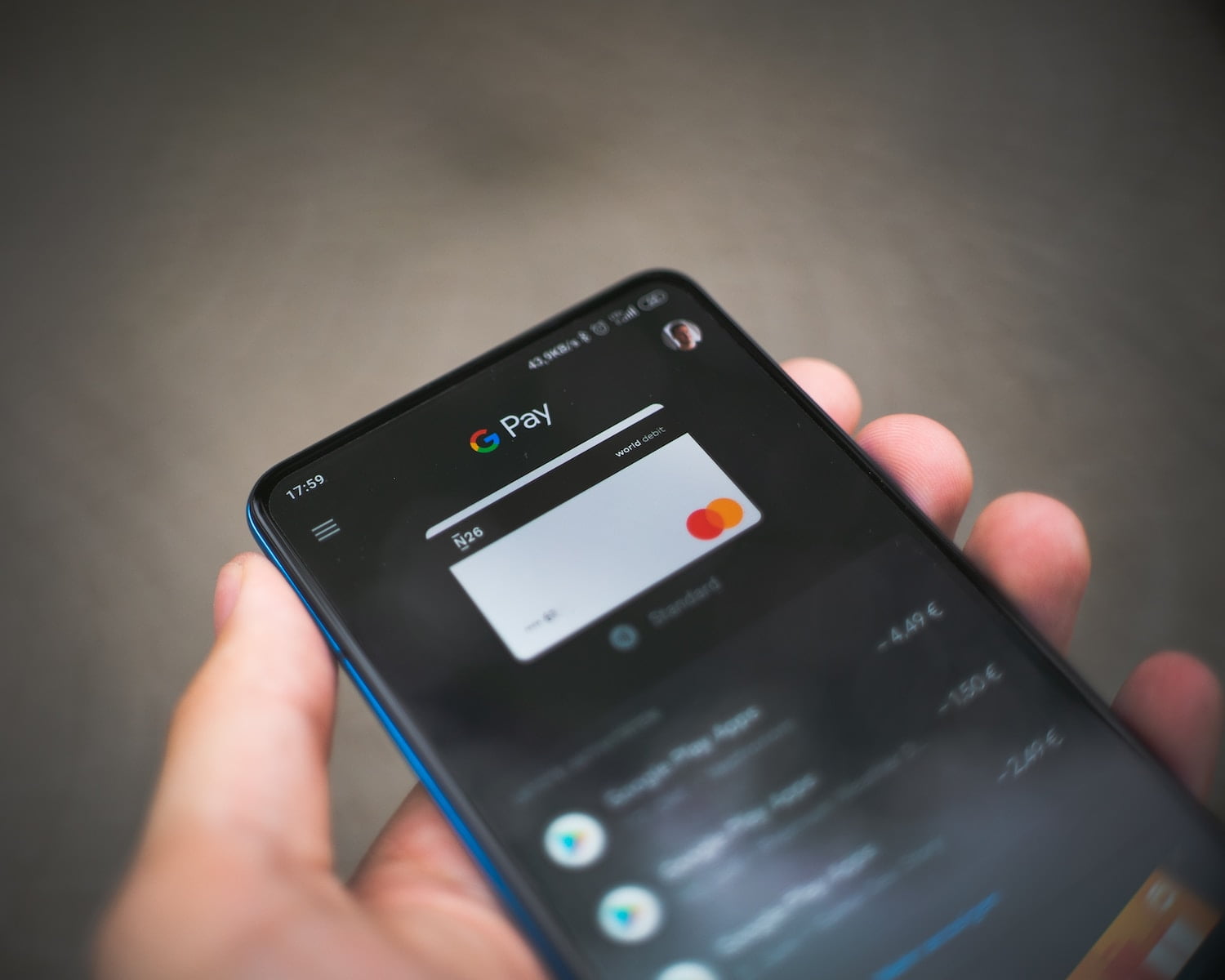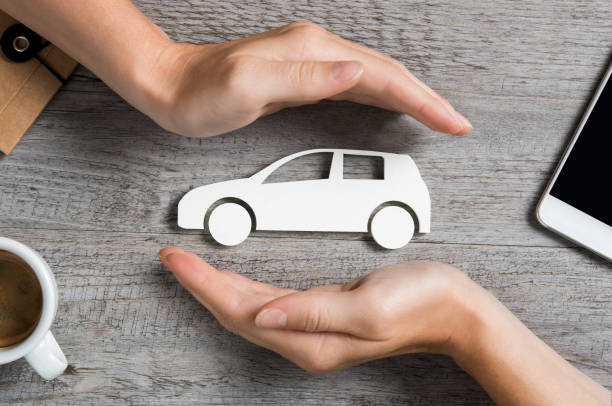Using these Mobile Payment Apps have both Benefits and Disadvantages but today we will only discus the Disadvantages of Mobile Payment Apps. So, lets start reading…
Disadvantages of Mobile Payment Apps
Mobile payment apps like Venmo, PayPal, and Apple Pay have exploded in popularity in recent years. But while these apps offer convenience for making quick payments, they also come with some potential risks and drawbacks that users should be aware of.
Also Read : Know How To Protect Your Smartphone From Hackers
Security Issues
One of the biggest concerns with mobile payment apps is the security of sending money digitally versus physically. There are a few security disadvantages to consider:
Increased Potential for Hacking or Identity Theft
When making a payment through an app, your financial information is transferred and stored on your mobile device, on the app’s software system, and by your bank. This creates more opportunities for your data to be compromised compared to paying with cash or physical card in person.
Scams and Fraudulent Payments
Mobile payment apps have also given rise to new scams, like fake customer support numbers that try to gain access to your account. If someone gets access to your payment app login, they can easily send money without your permission.
No Recourse for Unauthorized Transactions
With credit cards, customers have strong protections against fraudulent transactions. But some mobile payment apps have looser security, and you may have no recourse for unauthorized payments made from your account. It can be harder to get funds returned compared to credit card purchases.
Also Read : Improve your Mental Health so that your Life can Improve More
Lack of Customer Protections
Mobile payment apps also offer fewer customer protections and benefits compared to credit cards:
No Ability to Dispute Payments
If a purchase made with a mobile payment app turns out to be fraudulent or never delivered, you have very little ability to dispute the charges. Credit cards allow you to dispute suspect charges.
No Purchase Protection or Insurance
Credit cards provide extended warranty protection, purchase protection, and other insurance benefits. But mobile payment apps do not offer these extra protections when buying goods or services.

Weaker Fraud Prevention Methods
Credit card networks employ advanced AI and years of fraud detection experience. Mobile apps often have less robust fraud monitoring systems, increasing the risk of payments being intercepted.
Overspending and Debt Risks
The ease of making quick payments on your phone also comes with financial downsides:
Easier Impulse Spending
Since it only takes a few taps to pay someone on an app, it can be too easy to make impulse buys that you later regret. Mobile payments make it harder to restrict and budget your spending.
Also Read : How Hackers Hack Your Smartphone – Read Now
Potential for Overdraft Fees
Many mobile payment apps draw money directly from your bank account. If you aren’t monitoring your balance carefully, you could overdraft and incur hefty fees from your bank.
Increased Debt from Lending Apps
Some payment apps also offer “buy now, pay later” loans or allow credit card payments. It’s easy to over-borrow and take on debt through these apps.
Privacy and Data Sharing Concerns
To operate smoothly, mobile payment apps require access to a significant amount of your personal and financial data. This raises some privacy issues:
Sharing Your Data with Third Parties
Payment apps can share or sell your transaction history and other information to outside companies for marketing or other purposes without your knowledge or consent.

Vulnerability to Data Breaches
Hackers see mobile apps and fintech companies as lucrative targets. Your sensitive information could be leaked in a breach if security protocols aren’t robust.
Location and Contact Access
Many payment apps request access to your contacts, camera, photos, or location when downloading. This allows them to gather lots of data about you and your connections.
Other Drawbacks to Consider
Some other potential disadvantages of relying on mobile payment apps include:
- Being unable to pay if your phone is lost, stolen, out of battery, or with no signal.
- Fewer budgeting tools compared to many credit cards and banking apps.
- Getting charged higher fees for instant transfers or debit card transactions.
- Dealing with customer service primarily through automated bots instead of people.
- Having limited purchase protections when using linked debit cards instead of credit cards.
Tips for Using Mobile Payments Safely
Despite the risks, mobile payment apps can still be used safely if you take precautions:
- Only download reputable, mainstream payment apps with robust security. Avoid lesser-known apps.
- Set up strong login passwords and enable multi-factor authentication when available.
- Link to a credit card instead of a debit card if possible to get better fraud protection.
- Closely monitor your statements and balance to catch unauthorized charges.
- Be wary of scams and never share passwords or sensitive data.
- Limit the app’s access to contacts, location, camera, etc. Restrict permissions.
- Frequently update the app software to receive security patches.
- Use budgeting features to prevent overspending. Set purchase alerts.
- Be careful when sending money to strangers — verify identities first.
Frequently Asked Questions about Disadvantages of Mobile Payment Apps
Are mobile payment apps safe to use?
Can you get your money back if you are fraudulently charged on a mobile payment app?
What should you not use mobile payment apps for?
Conclusion of Disadvantages of Mobile Payment Apps
Mobile payment apps provide flexible, convenient ways to exchange money digitally. But users should weigh the potential security risks, lack of protections, overspending tendencies, privacy concerns, and other disadvantages before relying solely on mobile payments over traditional payment methods. Proceeding with caution and using best practices can help mitigate the risks and make mobile payments safer.



